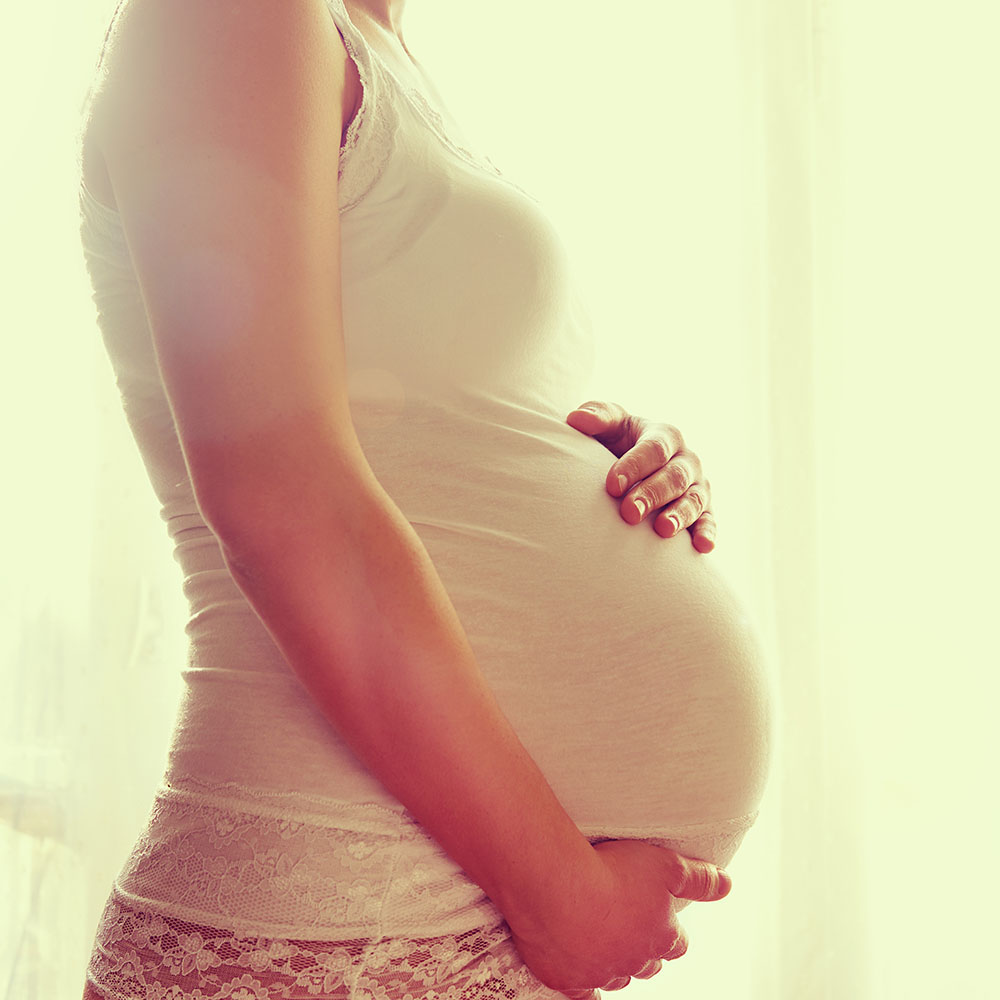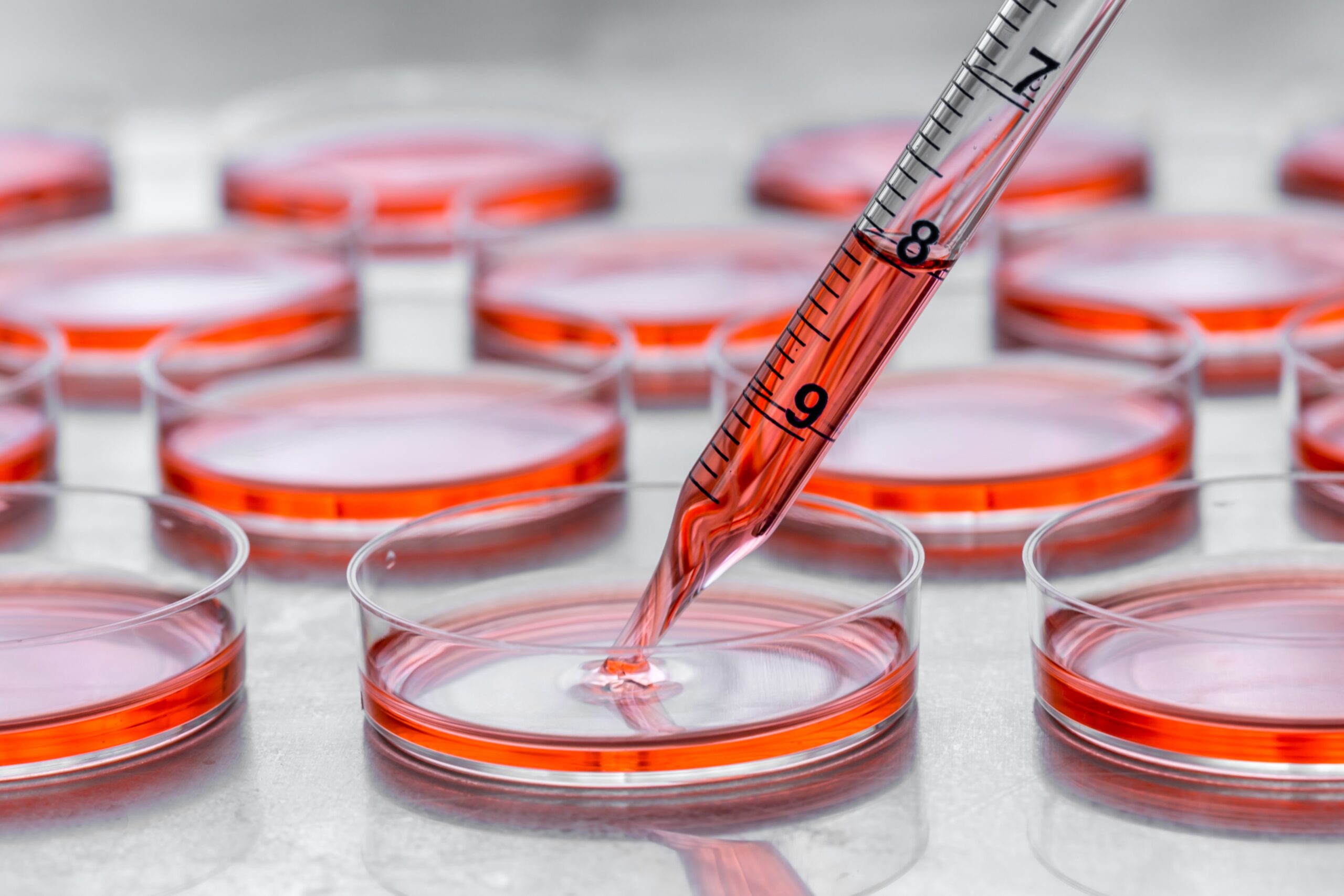‘Battle of the sexes’ begins in womb as father and mother’s genes tussle over nutrition
Cambridge scientists have identified a key signal that the fetus uses to control its supply of nutrients from the placenta, revealing a tug-of-war between genes inherited from the father and from the mother. The study, carried out in mice, could help explain why some babies grow poorly in the womb. As the fetus grows, it …





